Muslim-Jewish discussions boost interfaith dialogue
From left: Imam Kamal Hammouda, Rabbi Sarah Brammer-Shlay and Dean of Religious Life Deanna Shorb.
April 17, 2023
A series of Muslim-Jewish dialogue discussions began this fall, created and hosted by Imam Kamal Hammouda and Associate Chaplain and Rabbi Sarah Brammer-Shlay, offering students an opportunity to engage with topics relevant to the two religions in a structured, non-inflammatory way.
An inspiration for these dialogues comes from the term “Judeo-Christian values,” which Hammouda said implies Christians share similar values to Jewish people but not Muslims.
“I read that as a way that people, specifically some aspects of the Christian community, try to push away Muslims and say that, Jewish values are like Christian values,” Brammer-Shlay said, “I think that that is often used in a very Islamophobic sort of way.”
The first session was on the Israel-Palestine conflict, the second session on March 15 focused on similarities and contrasts of Islam and Judaism, and the third session, held on April 27 in HSSC S1325 will be an interactive text study of the Quran and the Torah.
The Israel-Palestine session drew a crowd of roughly 45 people, said Brammer-Shlay. During the discussion, Brammer-Shlay and Hammouda shared how they each approach the issue as religious leaders and their differing perspectives on the conflict.
Brammer-Shlay said she has a great deal of respect for Hammouda and hopes that their dialogues together show students that relationships can have tension, and still be healthy.
“The sense I get from both students and staff and faculty is there’s a desire to talk about it,” Brammer-Shlay said about the Israel-Palestine conflict, “but there’s a nervousness and how to approach it, so one of our goals in doing that was to model how to have conversations about it too.”
The Muslim-Jewish Dialogue series differs from the Inter-Religious Conversations held by Reverend Deanna Shorb and Rabbi Brammer-Shlay every 2nd and 4th Wednesday of the month. The Inter-Religious conversations focus more on theories and practices of religious traditions.
While the Muslim-Jewish Dialogues do touch on religious traditions and practices, the dialogues are additionally focused on dismantling the notion that Muslims and Jews are hostile towards each other, said Hammouda.
“Hammouda and I are both very committed to fighting back against this projection because we don’t think it’s true and we think that there’s actually a lot of overlap between our communities,” said Brammer-Shlay.
In the first two sessions, students were engaged, asked plenty of questions, and gave positive feedback. Students are also interested in there being more events about Israel-Palestine specifically, according to both Hammouda and Brammer-Shlay.
As of now nothing has been planned for continuing these dialogues in the fall of 2023, but both Hammouda and Brammer-Shlay said they are interested in continuing them.
“I’m hoping that this is just the start of having these conversations and building these relationships,” Brammer-Shlay said.




























































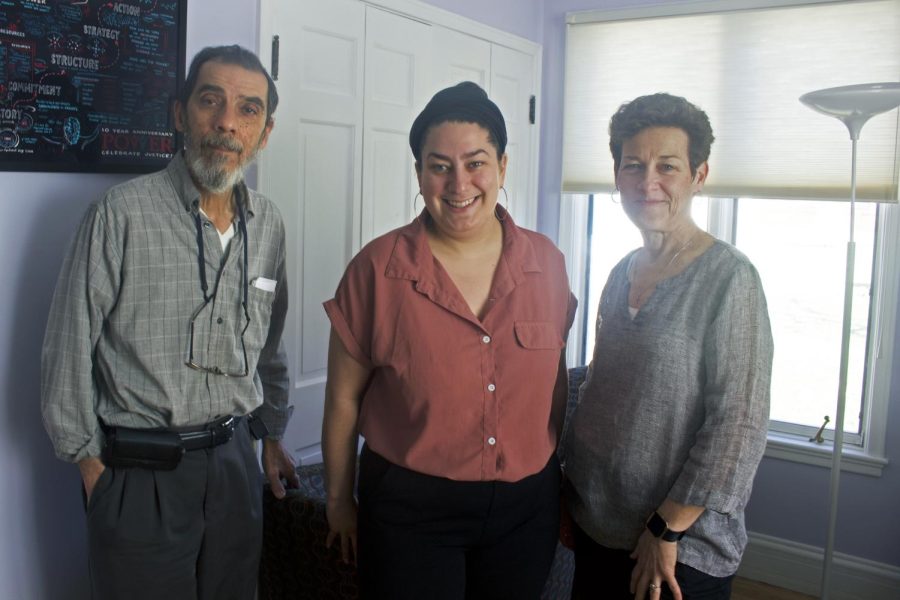
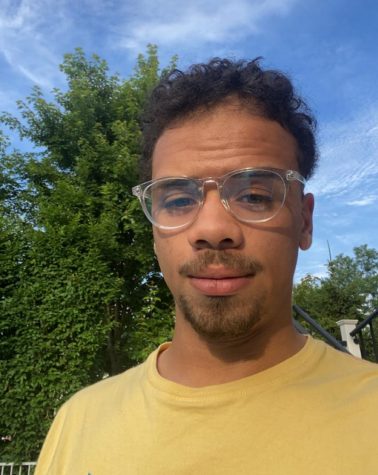
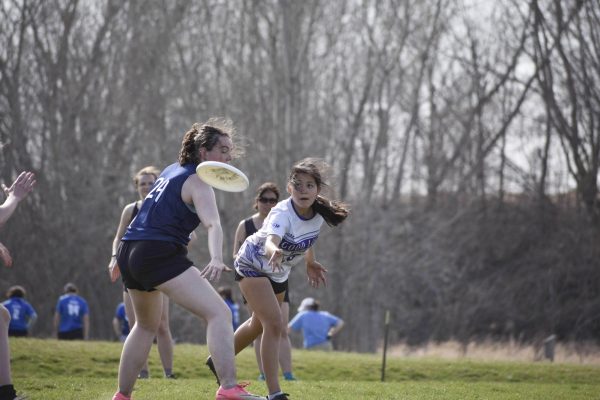
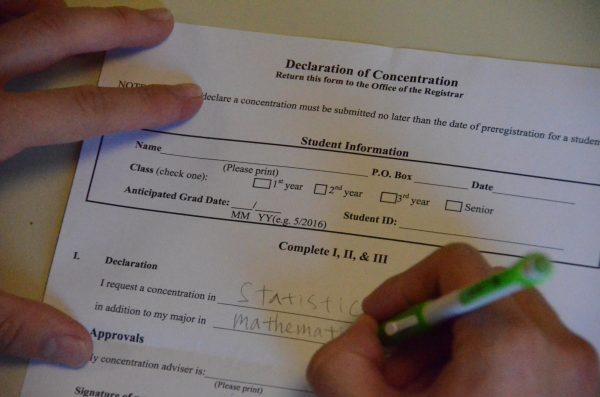
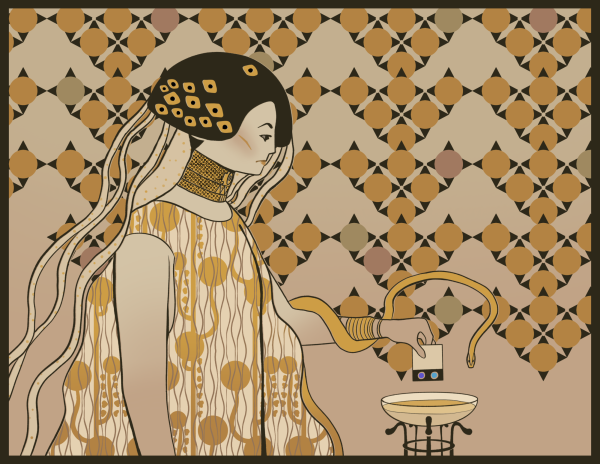
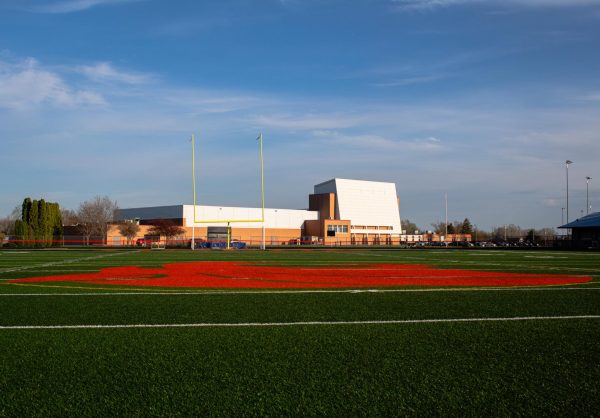
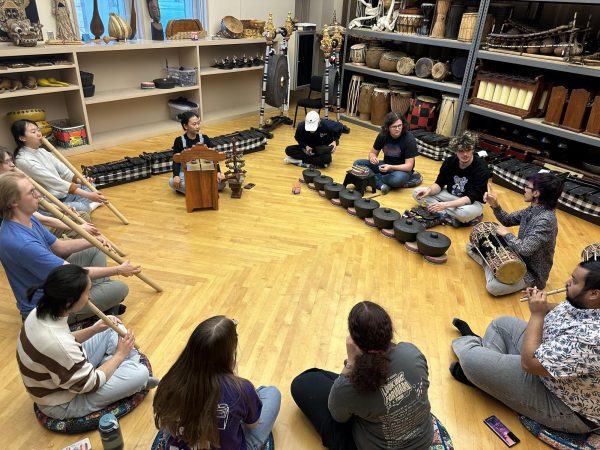
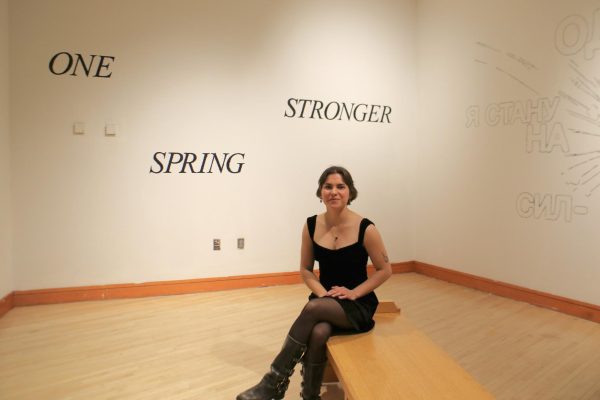
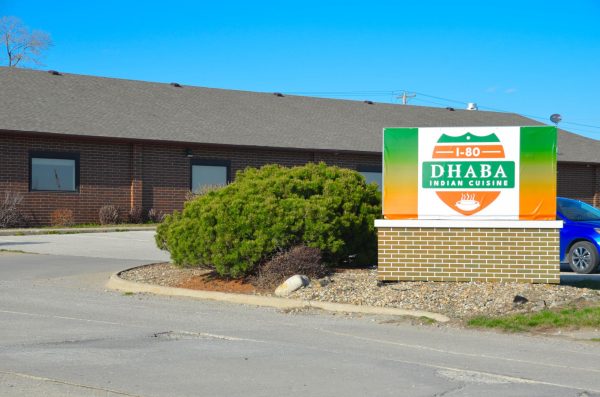
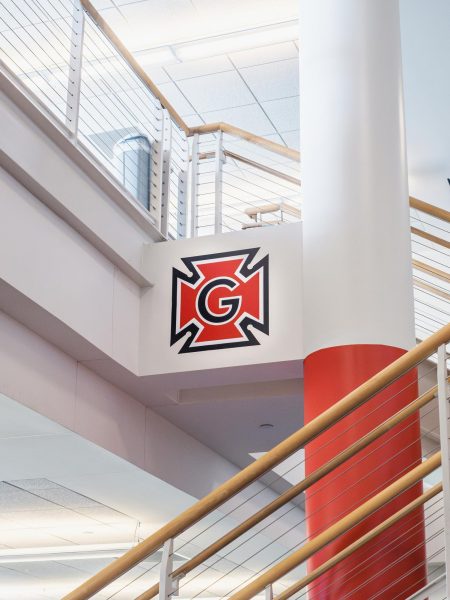
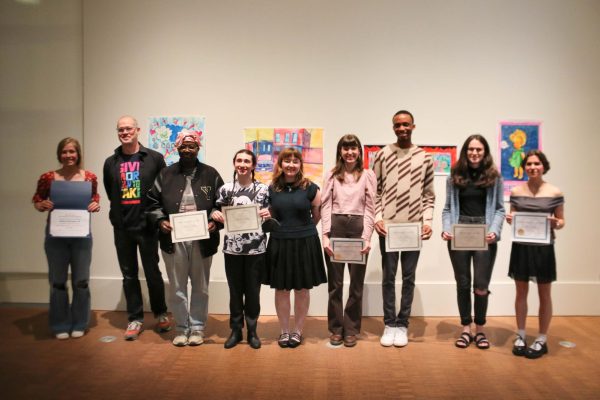
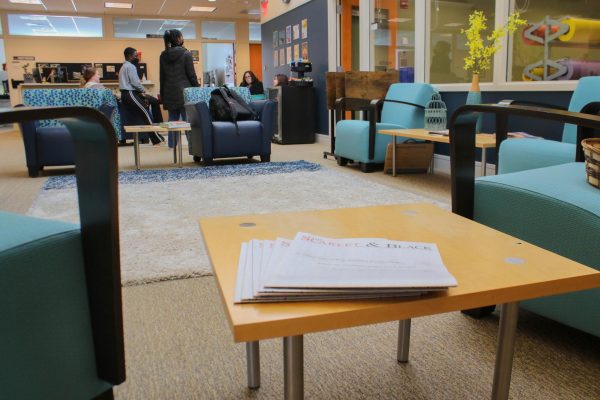
Ginger Colton • Apr 27, 2023 at 6:45 am
This is a wonderful start to bring about peace. Constructive, honest dialogue is crucial to understanding in any family dynamic. The Abrahamic faith is a family, of sorts. From my understanding the Jews and Muslims are considered religious cousins.